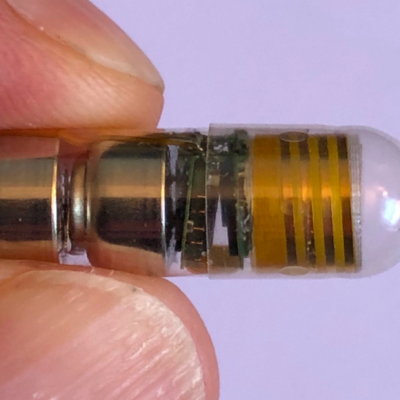Montreal (Canada) – A recent study conducted by researchers at the University of Montreal has found that the viral RNA in the blood of Covid-19 patients can provide a more accurate prediction of the disease’s progression than traditional prognostic tools used in intensive care. Until now, the best indicators of disease progression in hospitalized Covid-19 patients have been the rise in C-reactive protein, the viral load in swabs, and some cytokines of the inflammatory response. However, some studies have suggested that the concentration of viral RNA in the blood could also be used to predict the disease’s progression. The researchers investigated whether and how the disease’s progression could be predicted based on the virus’s RNA in the blood.
The study examined the influence of viral RNA in three groups of patients, and blood samples were taken on the eleventh day of symptomatic Covid-19 infection. The patients were then observed for at least 60 days. The researchers found that the risk of death was higher in patients with increased cytokine production and a weak antibody response, as expected. However, the association with a high risk of death was even stronger with the concentration of viral RNA in the serum. The researchers found that the combination of age and viral RNA in the patients’ blood allowed for the best prediction value in the ROC analysis, which combines specificity and sensitivity. The study’s results suggest that viral load is the most important prognostic parameter for Covid-19 disease progression.
The study’s findings have significant implications for the treatment of Covid-19 patients. The researchers hope to confirm their results with larger cohorts of patients. The study’s results could lead to the development of new prognostic tools that could help clinicians predict the disease’s progression more accurately and provide better care for Covid-19 patients.










